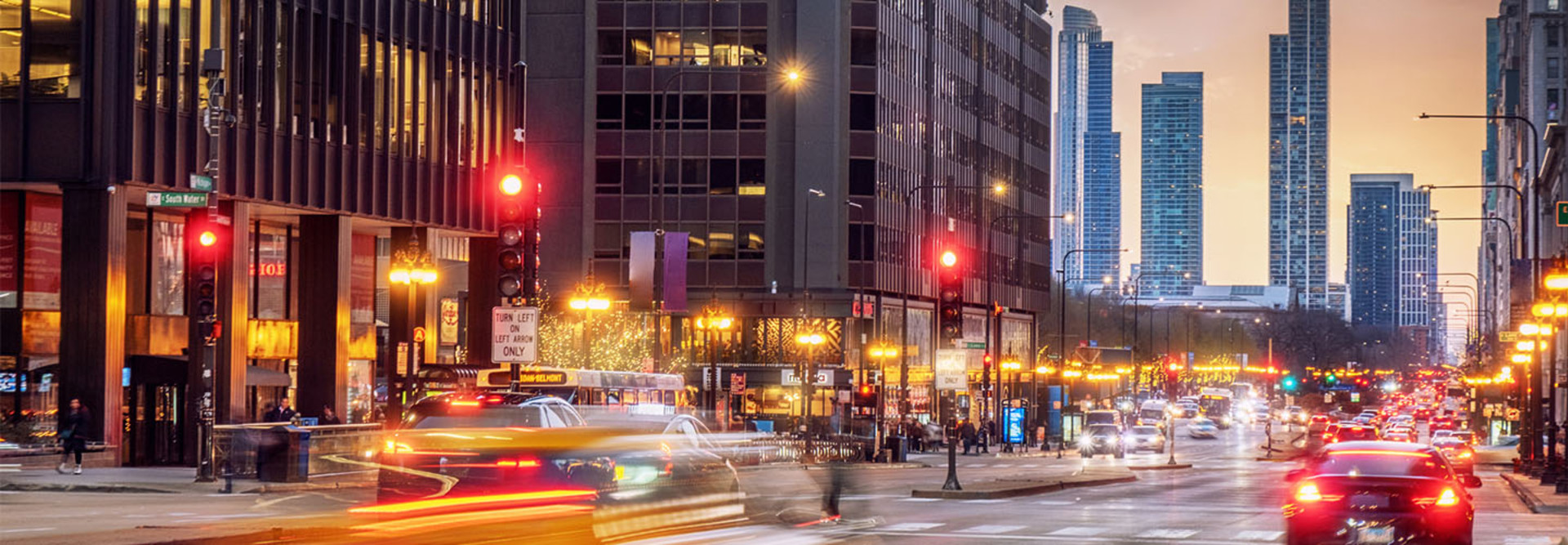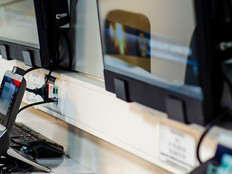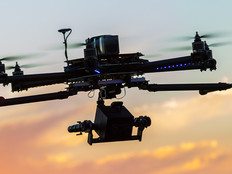Chicago’s Smart Streets Pilot to Crack Down on Parking Infractions
The ordinance, introduced by Chicago’s mayor earlier this year, would allow surveillance cameras to be fixed on poles or on the front of city or transit authority vehicles to record parking violations. The city would be authorized to ticket registered vehicle owners for violations such as parking in bike lanes, crosswalks and no-parking zones.
The goal is to keep drivers from illegally parking in places that put vulnerable road users — pedestrians, bicyclists and people taking transit — in danger, forcing bicyclists to merge with traffic, for example. The city also aims to keep drivers from parking in dedicated bus lanes and at bus stops to provide more efficient and reliable bus service.
“As we continue to invest heavily in infrastructure safety improvements, including expanding our network of bike and bus lanes, this program will make our transportation system safer, smarter and more efficient,” Gia Biagi, the commissioner of the Chicago Department of Transportation, said in a press release.
MORE FROM STATETECH: Raleigh's smart city program tackles traffic management.
Second Pilot to Enforce Rules in Commercial Loading Zones
Chicago’s Smart Loading Zone pilot will use license plate-reading camera technology to enforce parking guidelines in areas designed for the loading and unloading of commercial vehicles. The pilot seeks to prevent double-parking that puts drivers, bicyclists and pedestrians at risk; decrease vehicle idling; and create more efficient payments and drop-offs for commercial drivers.
In a press release, Alderman Brendan Reilly called the ordinance “a necessary step in the fight to drive down traffic fatalities and crashes in our city.”
Alderman Brian Hopkins also said in the release: “In my years representing some of the densest parts of the city, I know firsthand the significant challenges downtown faces with traffic safety, slow bus speeds and double parking. I welcome the Smart Streets pilot in my ward as an important tool for improving traffic safety and ensuring drivers are following the rules of the road.”











